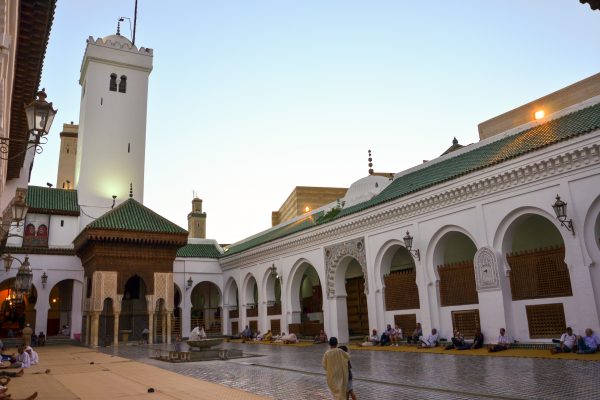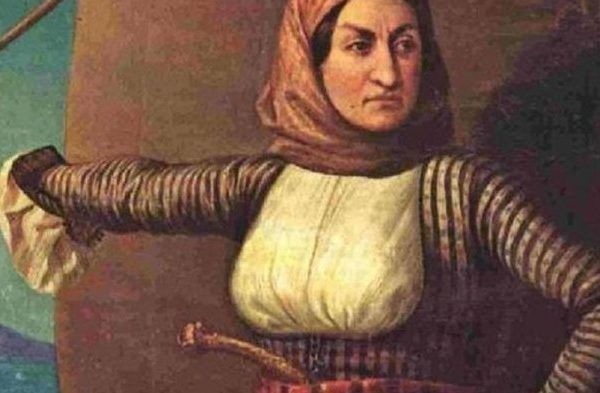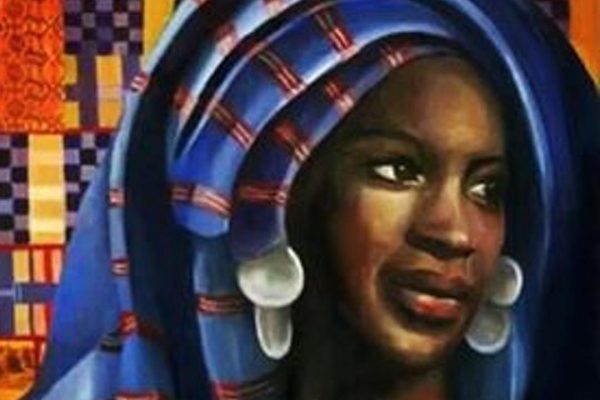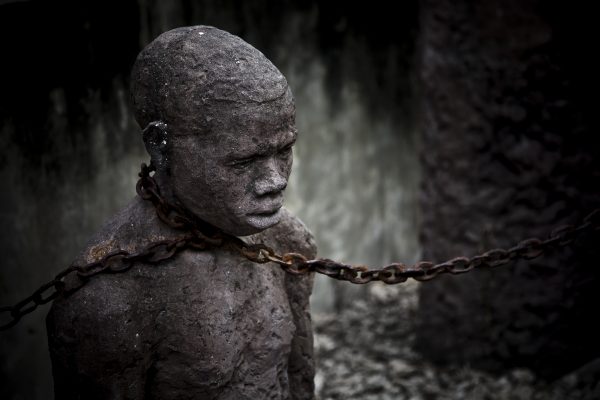Here’s a look at just some of the most famous Muslim women across the continent of Africa – and how they helped change the course of history!
Here’s a look at just some of the most famous Muslim women across the continent of Africa – and how they helped change the course of history!
Historically, men and women of virtue have contributed their quota to the development of Islam in Africa and elsewhere. But, the contribution women have given is often downplayed. Here we look at seven among these women:
1. Sumayya Bint Khayyat
Among the first women to accept Islam, Sumayya was the wife of Yasir bn Amir and the mother of Ammar bn Yassir. Before embracing Islam, Sumayya, a Black Abyssinian (modern-day Ethiopia) woman, was a slave in Makkah who was owned by Abu Hudhaifah ibn al-Mughirah, from the tribe of Makhzum. She regained her freedom after she gave birth to Ammar.
According to numerous traditions, Summaya is the first martyr in Islam. She attained martyrdom after being tortured by Abu Jahl Amr bn Hisham alongside her husband for their conversion to Islam. She died in 615 AD.
2. Umm Ayman
Also known as Barakah, Umm Ayman was an emancipated Ethiopian slave and regarded as one of the few people who knew the Prophet from birth to death. She participated in the Battle of Uhud, caring and tending for the wounded.

Umm Ayman was married to Zayd bn Harith, the adopted son of the Prophet Muhammad. She was also among the closest and most trusted confidants of the Prophet.
Umm Ayman died in 644 and is buried in Jannatul Baqi Cemetry in Medina.
3. Fatima al-Fihri
Fatima, a daughter of Mohammed Bnou Abdullah al-Fihri, a rich merchant settled in Fez, Morocco, was born in 800 AD. During her lifetime, she was nicknamed ‘Mother of boys’, a name that historians say she might have gotten as a result of her charity and taking in young boys who studied under her from different places.
She was also known as the first woman to set up a university in history. The mosque that was built around 859 AD was named al-Qarawiyyin Mosque, and later evolved into a higher institute of learning and the largest university in North Africa – and has been famous and well sought-after since the 10th-century thanks to Fatima al-Fihri.

Graduates of Fatima’s al-Qarawiyyin University include many Muslim jurists, historians, and doctors like Abdulrahman Ibn Khaldun, Abu Walid Ibn Rushd, Musa Ibn Maimonou, and Gerbert of Aurillac, who later became Pope Sylvester II.
Today, the Guinness Book of World Records and UNESCO recognize this university to be the oldest continuously operating institution of higher education in the world.
Fatima al-Fihri is respected especially among Muslims in Morocco. She died mysteriously in 878 AD.
4. Aisha al-Mannubiyya
Perhaps the most well-known female saint from late medieval North Africa, Aisha al-Mannubiyya was born in 1199 AD in Almohad and lived for most of her life in the Hafsid territories (modern-day Tunisia and eastern Algeria). She was one of the few women in Islamic history about whom a hagiography was written.
Originally from the village of al-Manuba (La Manouba), a short distance outside Tunis, she would travel to that city to study with the Sufi masters of the Shadhiliyya order.
Aisha studied the teachings of several of the most preeminent mystics in the Islamic world, especially those of Rabiʿa al-ʿAdawiyya al-Qaysiyya (714–801 AD), Abu l-Ḥassan al-Shadhilī (1196–1258 AD), ʿAbd al-Qadir al-Jilani (1077–1166 AD) and al-Junayd (d. 910 AD). Traditional hagiographical accounts also ascribe a large number of miracles to her and describe her as being among the righteous saints.
Aisha was renowned for associating with the impoverished inhabitants of Tunis and for her kindness, generosity, and ability to inspire others through both her words and deeds.

For centuries, she has been memorialized as the patron saint of Tunis and is certainly considered the most important female mystics in the history of the region. She died in 1267 AD.
5. Sayyida Al-Hurra
Sayyida Al-Hurra, whose first name is unknown, means ‘Noble Lady’, and was born in 1485. She is the daughter of Ali ibn Rashid, emir of the town of Chefchaouen (northwest of current Morocco). Sayyida Al-Hurra famously became the governor of the town of Tétouan, located in the same region, upon the death of her husband, Prince Ali al-Mandri.
Her exile as a child from the Kingdom of Grenada, recaptured by the Spanish, deeply affected her and she would later lead expeditions against the Portuguese who settled in Ceuta. She therefore became famously known as the Muslim “pirate queen“.

In 1541, she married the Sultan of Morocco, Ahmed al-Wattassi, who contrary to custom, made the journey to Tétouan to ask for her hand in marriage.
She died in 1552.
6. Nana Asma’u
The daughter of Sheikh Usman Dan Fodio, Asma’u was a poet, historian, educator, and religious scholar who played a vital role in the political, cultural, and intellectual development in West Africa for about 50 years after the demise of her father in the early 1800s.

Nana Asma’u believed strongly that education is the tool for emancipation, and contributed greatly in helping educate Muslim women throughout her lifetime.
In addition to her lifelong work towards education, Nana Asma’u was quadrilingual and spoke Arabic, Hausa, Fulfude, and Tamachek. She was also an adherent of the Qadriyya Sufi order.
Nana Asma’u died in 1864.
7. Fatima Soudi bint Abderremane
A descendant of the Merina of Madagascar royal family, Fatima Soudi bint Abderremane (or Djoumbe Fatima), was born in 1836 and was only 5 years old when she succeeded her father to the throne. As Queen (djombe) of Mwali, the smallest island of the Comoros archipelago, she had to grapple with the power struggle between France and the Sultanate of Zanzibar.

In 1851, she broke off relations with the French authorities, who had organized her crowning two years earlier, to marry the cousin of the Sultan of Zanzibar. She then abdicated in 1867 in favour of her son, who was assassinated in 1869, and was placed back on the throne by the French in 1871.
Fatima Soudi bint Abderremane died in 1878.





